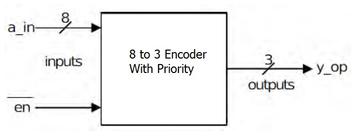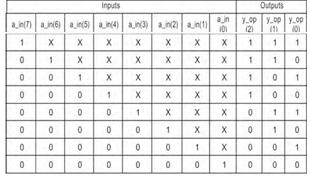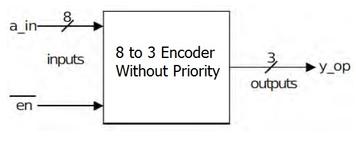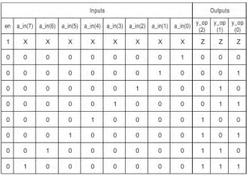Reed-Solomon Encoder: Basics and MATLAB Implementation
Advertisement
This section describes the basics and provides MATLAB source code for a Reed-Solomon (RS) encoder. Reed-Solomon codes are primarily used for providing FEC (Forward Error Correction) to received data blocks that may contain errors. The RS encoder is used at the transmitting end to add redundancy bytes to the input data before transmission. Conversely, the RS decoder is employed at the receiver to correct errors introduced during transmission by leveraging this redundant information.
RS codes are a type of systematic linear block code. They are considered “block codes” because the encoding process involves splitting the original message into fixed-length blocks. An RS encoder is typically designated as (N, K, T), where:
- N is the total number of bytes after encoding.
- K is the number of data bytes before encoding.
- T is the number of data bytes that the RS encoder and RS decoder combination can correct. T is equal to (N-K)/2.
Most common error correction codes operate on finite fields, also known as Galois Fields. These fields are constructed using a primitive polynomial p(x). This document describes an RS encoder based on the following polynomials:
- Code generator polynomial: g(x) = (x + λ0)(x + λ1)(x + λ2)…(x + λ2T-1), where λ = 02 in hexadecimal.
- Field Generator polynomial: p(x) = x8 + x4 + x3 + x2 +1
Reed Solomon Encoder MATLAB Code
input_data= [113 44 42 179 77 236 149 177 105 250 0 81 64 62 148 223 123 98 95 90 193 216 17 0];
n=32;
k=24;
t=4;
g_f=0;
g_f(2)=1;
for i=1:7
g_f(2+i)=bitshift(g_f(2+i-1),1);
end
x=2+i;
x1=2;x2=4;x3=5;x4=6;
for i=1:247
g_f(x+i)=bitxor(bitxor(g_f(x1),g_f(x2)),bitxor(g_f(x3),g_f(x4)));
x1=x1+1;x2=x2+1;x3=x3+1;x4=x4+1;
end
%------------- code generator polynomial ---------------%
r=[1 59 13 104 189 68 209 30 8 163 65 41 229 98 50 36 59];
for j=2:17
for i=1:256
if(r(j)==g_f(i))
indx(j-1)=i-2;
break
end
end
end
lfsr_op(1:16)=0;
for dc=1:k
lfsr_input=bitxor(lfsr_op(1),input_data(dc));
%get index of data with respect to Galois Field
for i=1:256
if(lfsr_input==g_f(i))
lfsr_input=i-2;
break
end
end
temp1=0;
reg_in=2+mod((indx+lfsr_input),255);
for j=16:-1:1
temp=lfsr_op(j);
if(lfsr_input==-1)
lfsr_op(j)=bitxor(0,temp1);
else
lfsr_op(j)=bitxor(g_f(reg_in(j)),temp1);
end
temp1=temp;
end
end
encoded_data_output=[lfsr_op(1:(n-k)) input_data]
RS Encoder Input and Output

Advertisement
 RF
RF






